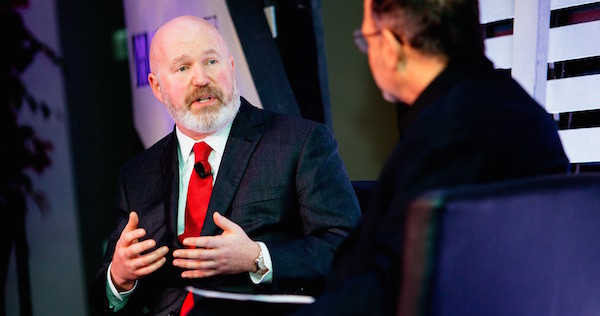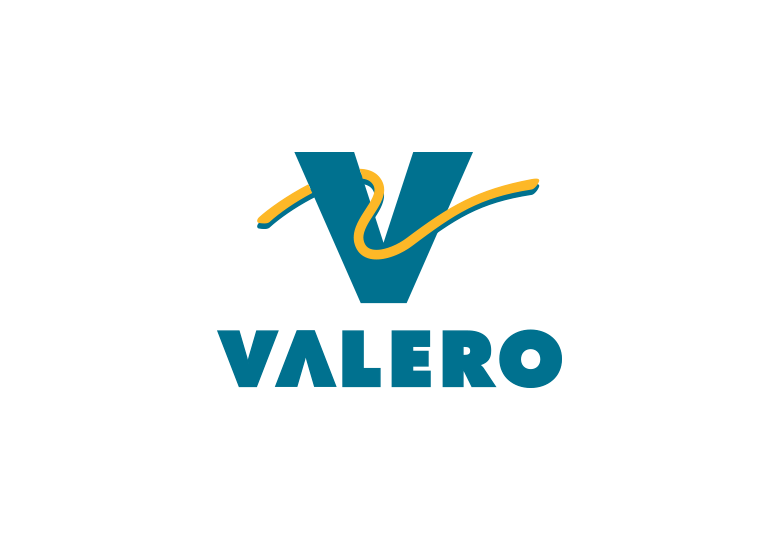How FinTech Will Change Wealth Management Forever
by Harry McLaughlin, Founder and CEO, Tridus
When it comes to wealth management, clients are far more skeptical and far more educated than ever before. Still, studies indicate customers are seeking professional investment services more than ever, and the demand of full service wealth management is on an unabating rise. One recent report on High Net Worth clients show that they value the human relationship more than anything else, and yet 40% of clients feel that their advisor doesn’t understand their goals.
Robo-advisories such as WealthSimple have been touted as the next revolution in finance, and yet, reaction from the North American public has been very mixed. In fact, the Economist recently noted that the growth rate of major robo-advisories is currently in sharp decline. The novelty seems to be wearing off as investors place value on long-term, trust based, human centered relationships. Face to face advisor referrals simply can’t beat the expensive marketing campaigns run by these robo firms. At the same time, advisors recognize the limitations of their own time and ability to reach out, educate their clients, and provide the level of service expected from the next generation of investors.
Things are going to get very interesting, very quickly.
Our own research has found that the most satisfied and loyal clients are ones whose advisor acts as a consultant on many issues that go well beyond investment advice and often into the deeply personal. This type of advisor proactively consults with clients, explains - in layman's terms - the reasoning behind his/her advice, meets with the client at least every few months, and typically ensures that clients’ situations are properly optimized for retirement, tax, and estate planning. The greatest indicators of client satisfaction are not just about the level of contact; rather - they involve transparency, contentment, the feeling of respect and understanding for their situation, as well as the advisor’s willingness to be involved/educate all members of the family, especially face to face. Comfort remains king.
Until new technology and new processes challenge industry norms, this level of investment service is very expensive and very difficult to properly execute en masse. Canada’s investment fees rank among the highest in the world, arguably, with good reason. It’s still an old and outdated system that values prime real estate, masses of employees dedicated to managing paperwork, extensive and growing compliance requirements, and a total lack of standardization, which are all costs that ultimately end up being charged back to the client. This model makes it nearly impossible for the advisor to keep up quality service on a large scale without making cuts along the way to how they service their clients. You can see this today where subpar Wealth Management is being dressed up as the real thing, and the real thing is becoming more and more reserved for the ultra wealthy. The smaller the account, the less and less time an advisor can afford to focus on it. This problem is only growing, leading to huge numbers of clients not getting the full service experience that they are still paying for.
There is hope though. The US is currently experiencing a major boom in financial technology (or FinTech). With roughly 80% of Canadians’ wealth invested in Canada’s big six banks, this boom could signal a major change in where clients trust their wealth. That shift, however, depends on whether a firm, regardless of size, old or new, can find a way to address the full-service wealth management model effectively. While the big players have outlined goals for digital and automated systems in high level wealth management, moving in that direction will take years, which is an eternity considering the pace of change that they need to keep up with.
The limitations to rapidly conform to new technology stems not only from a firm’s entrenchment in expensive real estate, lack of digitization, and bloated corporate structures, but also from challenges involving disjointed and archaic databases, old ideologies of how and where wealth services are delivered, and the costs of attempting to shoehorn modern FinTech into outdated systems. The market is questioning how firms who employ thousands of workers, will deal with their rapidly evolving tech and staffing needs. To complicate things further, new compliance measures will only compound these problems. The firms who can be flexible enough to swiftly capitalize on other firm’s inefficiencies will quickly realize they are in a position to dominate the market.
While Canadian bank’s work on gradually steering their big ships into the future, some banks in the US have already thrown in the towel and are spinning off or even selling their entire wealth management arms. Barclays, Credit Suisse Deutsche Bank, and UBS have either done it already or are rumoured to be in the process. On the other side, the startup scene has taken the US market by storm and is just now starting to gear up in Canada. This is the result of recent changes in financial regulations that have lowered the hurdles that once held innovation captive while allowing older firms to lose their fear of competition. The market is primed for new entrants to reshape how, when, and where wealth is managed.
Canada is projected to be #6 in the world for high net worth clients by 2018, and over the next 15 to 20 years, over $1.1 trillion dollars in wealth will pass on to the next generation, and that’s just in Canada alone. Considering a recent study found that 73% of the next generation doesn’t plan on staying with their parents advisor, there is massive potential for early adopters of new tech and innovative business models. The question of whether or not the rare few startups in Canada will successfully deliver on this opportunity, or at what pace, is another matter. Only time will tell.
The wonderful thing is this; that clients are going to massively benefit from the aggressive competition, and also, when there is 1.1 trillion dollars on the table, it’s likely that there will be not one firm, but a number of firms that find new success. However, much like the stock market itself, it’s still a zero sum game.
Harry McLaughlin, Founder and CEO, Tridus
www.TRIDUS.ca















